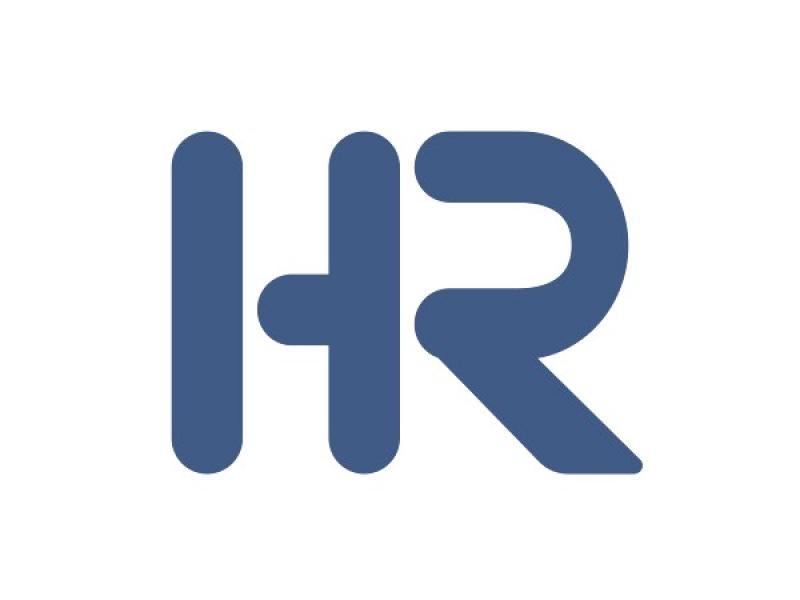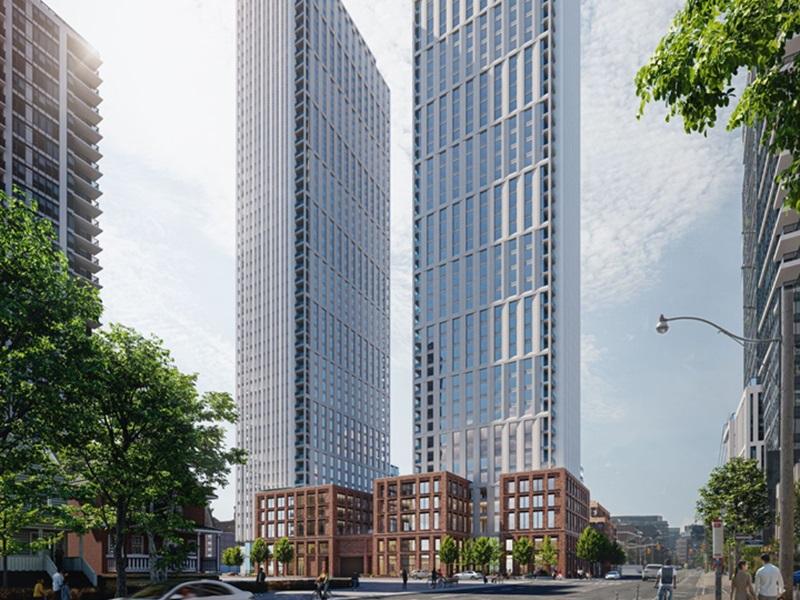Over the past few years, demographics regarding homeownership in Canada have changed, especially for those entering the marketplace – largely because of rising home prices. The great news is that first-time buyers are still finding ways to become owners, just a little later in life.
A BMO study from 2013 indicated the average first-time homebuyer was approximately 29 years of age. Reasons for this changing life cycle vary, from people postponing marrying and having children until later in life, to needing longer time periods to save for down payments.
 Genworth MI Canada reports that on average, first-time buyers in Canada purchase a home valued at $316,100, but this differs greatly depending on where in the country they live.
Genworth MI Canada reports that on average, first-time buyers in Canada purchase a home valued at $316,100, but this differs greatly depending on where in the country they live.
In Toronto, the average is $408,300; in Vancouver $506,500; in Montreal $237,900. Looking across the country, the average amount first-time buyers put toward their down payment is $50,576, or about 16 per cent of the cost of the home.
A large portion of the family expenditure
Obviously, housing costs represent a large portion of the family expenditure. Nowadays, condominiums are the first choice for many first-time buyers because of affordability.
Later on, many of these owners may move to larger homes when they start their families and/or can afford it.
Times have changed, but what remains the same is the wisdom of homeownership as a lifestyle and financial investment. Homeowners build equity over time with something that is tangible, rather than elusive such as stocks and mutual funds.
In addition, you get to live in your investment, and when you sell your principal residence, your gain from the sale is tax free – a real bonus in the equation.
Do some research on options available
Regardless of your situation, do some research on the options available to help you become a first time homeowner.
Canada’s Home Buyers’ Plan (HBP), for example, enables you to withdraw up to $25,000 in a calendar year from your registered retirement savings plans to buy or build a qualifying home for yourself or a related person with a disability.
Visit www.cra-arc.gc.ca/hbp/ to find out more.
Another alternative is the “bank of mom and pop,” which is becoming a popular option for many first-time buyers. A recent study conducted by Genworth showed that nearly one-third of first-time homebuyers across Canada received help toward their down payment from family members through gifts, loans and inheritances.
Parents lending or gifting money as part of their transfer of wealth can benefit everyone involved.
In addition to turning to family members and the government for help, renters would be wise to figure out how much more a mortgage payment would be than rent and put the difference in a tax-free savings account to use toward a down payment. The sooner you get into the housing market, the more time you have to accumulate equity before retirement.
Get into homeownership when you can
However you do it, get into homeownership when you can. The market may go up and down, but in long run, you’ll have an asset that offers you flexibility. Throughout your life, you can leverage the equity in your home when you need resources for other things.
Before you give up on owning a home, ask your family, financial institution, the government and the builders themselves what help is available to you. Then embark on one of the most exciting, fulfilling and wise steps in your life.
Bob Finnigan is Principal and COO Acquisitions & Housing at Herity, and is President of the Canadian Home Builders’ Association.







